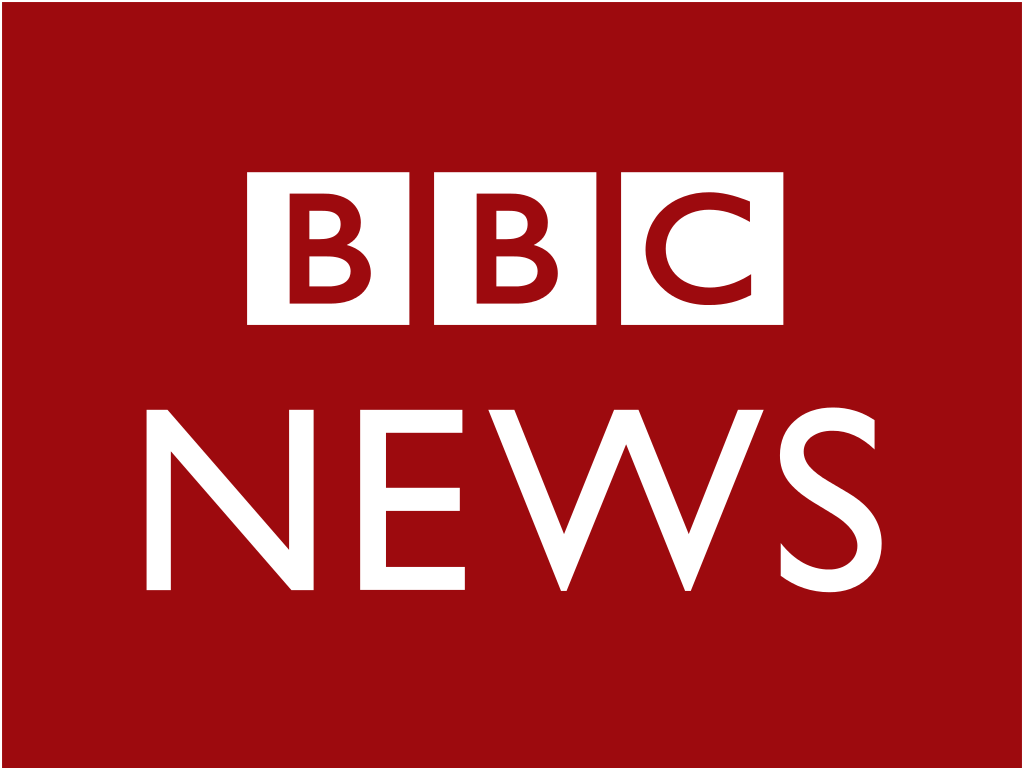BBC under fire over ‘strikingly hostile’ interview of MCB head
The BBC has come under heavy criticism following a hostile interview with Zara Mohammed, the new secretary-general of the Muslim Council of Britain (MCB) and the first female head of the organization, with calls for the broadcaster to diversify its editorial and production team and better engage with British Muslims. In an open letter signed […]

The BBC has come under heavy criticism following a hostile interview with Zara Mohammed, the new secretary-general of the Muslim Council of Britain (MCB) and the first female head of the organization, with calls for the broadcaster to diversify its editorial and production team and better engage with British Muslims.
In an open letter signed by more than 100 public figures Wednesday, including MPs Sayeeda Warsi, Diane Abbot and Naz Shah as well as comedian Deborah Frances-White, the BBC was accused of re-enforcing dangerous and damaging stereotypes of British Muslim women and of Islam in general.
- Dikko Inde, former Customs Comptroller-General, Is Dead
- Kagara student: Bandits killed our colleague in my presence
A BBC spokesperson said the corporation would reply “in due course”. Mohammed was interviewed on Feb. 4 by BBC Radio 4’s Woman Hour program with Emma Barnett, who repeatedly asked Mohammed how many female imams there were in the UK and interrupted when she replied.
“Despite Mohammed’s repeated claims that religious adjudication was not within the parameters of her role leading a civil society organization, Barnett asked the question about female imams four times, each time interrupting Mohammed’s answer,” the statement read.
“The framing of the interview and clipping up of the ‘female imam’ segment for social media mirrored the style and tone of an accountability interview with a politician, rather than authentically recognizing and engaging in what this represented for British Muslim women,” the letter added.
The letter also accused the production and editorial team of lacking “religious literacy” after making a false comparison and equivalence of imams to rabbis and priests and reminding the organization that the concept of a clergy does not exist in Islam.
The public figures also brought to attention how often Muslim voices and opinions are underrepresented on the national broadcaster and have called on the BBC to issue a public statement making clear its recommitment to engaging with Muslim women and especially those from marginalized communities.
